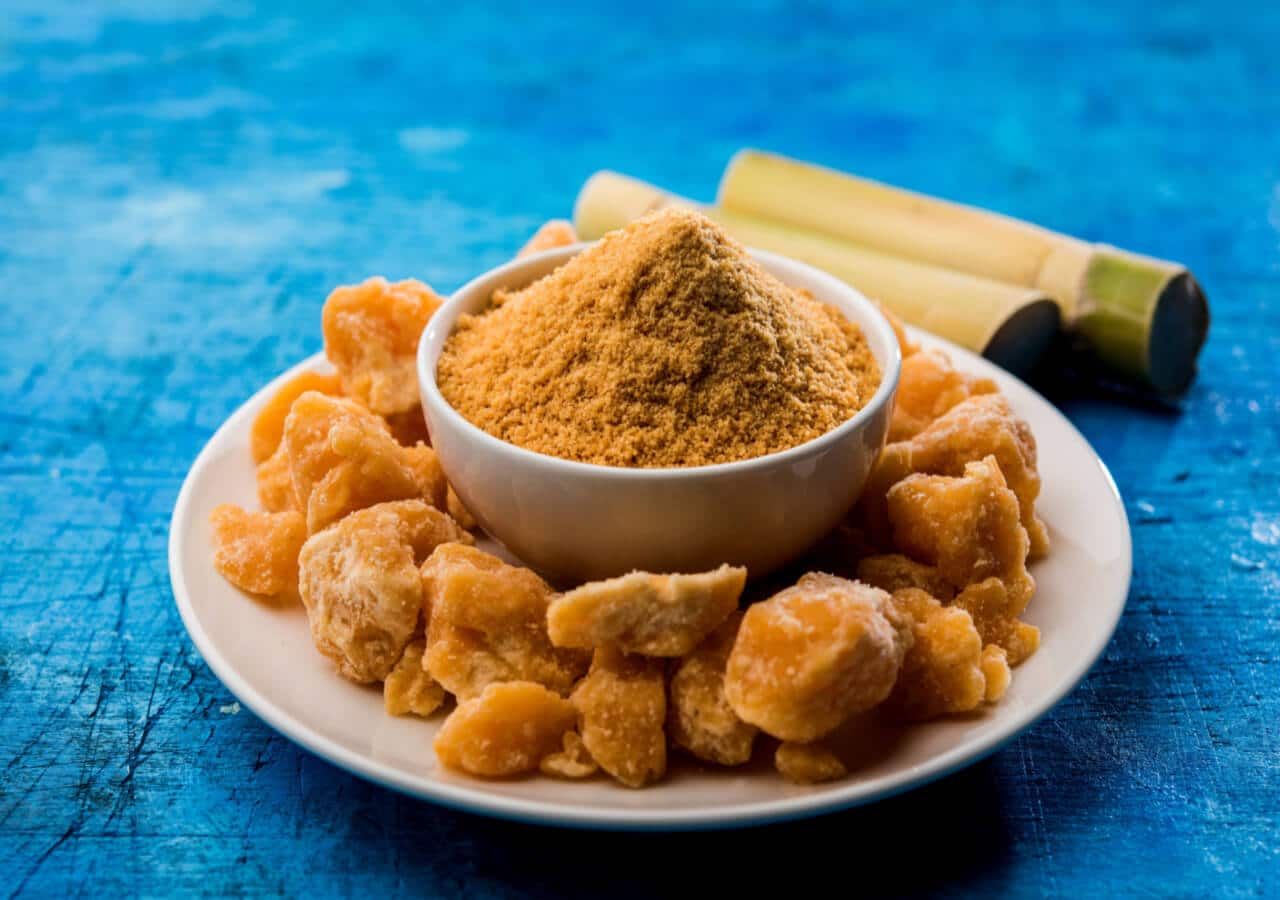Why Choose Natural Sweeteners Over Artificial Ones?
Natural sweeteners, such as glucose and fructose, are derived from whole foods, primarily found in fruits and vegetables. On the flip side, artificial sweeteners are chemically modified substances produced in laboratories, offering sweetness without the burden of calories. A key distinction between the two lies in how the body processes them. When you consume a banana, for instance, you're not just getting fructose; you're also benefiting from fiber, vitamins, and minerals. Fiber serves to slow down the digestion process, consequently delaying the absorption of sugars into the bloodstream.

On the contrary, the advantages of natural sweeteners are many.
Natural sweeteners can offer certain health benefits over refined sugar, such as the potential to lower blood pressure and regulate blood sugar levels. Reducing your refined sugar intake can be challenging, but considering the potential harm it can cause, the effort is undoubtedly worthwhile.
Jaggery, for instance, is an unrefined natural sweetener, often touted as a superfood due to its higher vitamin and mineral content and lower sucrose levels compared to sugar. Nevertheless, even with its merits, it's wise to consume jaggery in moderation, recognizing that it is still a form of sugar. Among other common natural sugar substitutes, honey, a natural sweetener produced by honeybees, is rich in nutrients like potassium, magnesium, iron, and calcium. Coconut sugar, maple syrup, unsweetened fruit jelly, and sugarcane molasses also act as healthier alternatives to sugar.
In most cases, natural sugars prove to be a preferable choice compared to both artificial sweeteners and regular table sugar. However, individuals with diabetes or prediabetes should still exercise caution with some natural sugars.
Artificial sweeteners come with various potential health risks, including adverse effects on gut health, increased insulin resistance, altered appetite regulation, elevated sugar cravings, elevated risk of heart disease, potential carcinogenic risks, headaches, elevated risk of depression, increased risk of seizures, potential risk of skin rashes and many more.